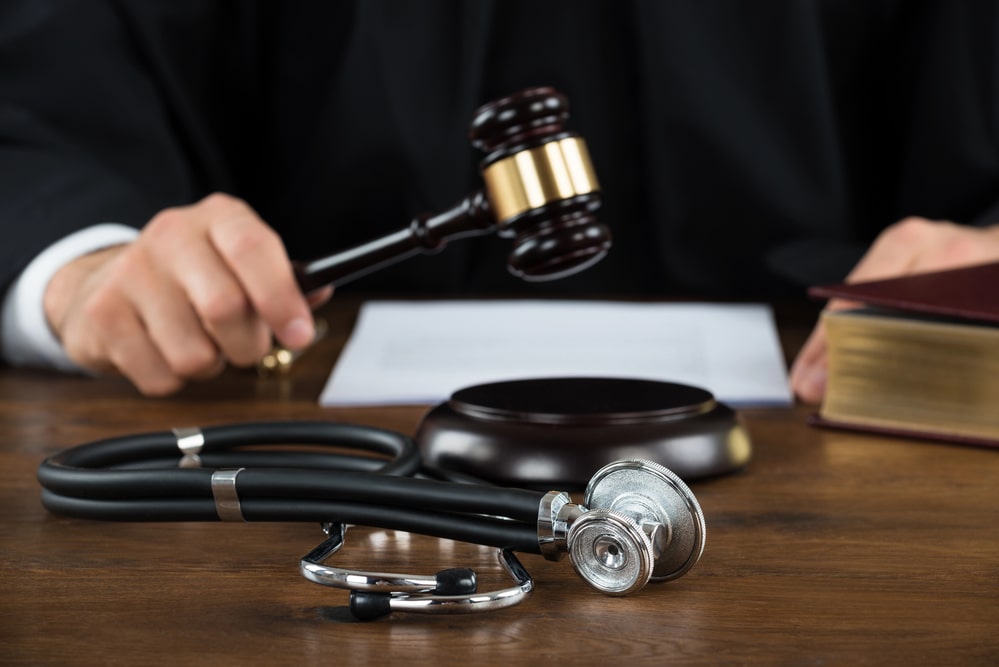For patients and their families, hospital negligence can have serious consequences. When medical professionals fail to provide the standard of care that is expected, the results can be devastating. For those affected, proving hospital negligence in court is a crucial step in obtaining justice and compensation. In this blog, our hospital negligence lawyer will outline the key elements involved in establishing a hospital negligence case, offering guidance on how to approach this complex legal process.
Introduction To Hospital Negligence
Hospital negligence occurs when a healthcare provider, such as a doctor, nurse, or hospital staff, fails to deliver appropriate medical care, resulting in harm to the patient. This can include misdiagnosis, surgical errors, medication mistakes, or inadequate patient monitoring. To hold the responsible parties accountable, victims must prove that the negligence directly caused their injuries. This process requires a clear understanding of legal standards and thorough preparation.
Establishing Duty Of Care
The first step in proving hospital negligence is demonstrating that the healthcare provider owed a duty of care to the patient. This means showing that there was a professional relationship between the patient and the provider, which created an obligation to deliver competent and safe medical care. Medical records, appointment logs, and witness testimony can all help establish this relationship.
Breach Of Duty
Once the duty of care is established, the next step is to prove that the healthcare provider breached this duty. This involves showing that the provider’s actions or inactions fell below the accepted standard of care within the medical community. Comparing the provider’s conduct to established medical guidelines and practices is essential. Expert testimony from other medical professionals can be invaluable in demonstrating that the care provided was substandard.
Causation And Harm
A critical component to a medical malpractice case is proving that the breach of duty caused harm to the patient. It must be shown that the provider’s negligence directly resulted in injury or worsened the patient’s condition. This often involves a detailed examination of medical records, diagnostic tests, and treatment history. Additionally, it may be necessary to show that the harm was foreseeable and that a competent provider would have acted differently under similar circumstances.
Collecting Evidence
Effective evidence collection is fundamental to a successful hospital negligence claim. This includes obtaining all relevant medical records, securing witness statements, and gathering any other documentation that supports the claim. Photographs of injuries, written communications with healthcare providers, and records of follow-up care can all serve as important pieces of evidence. Meticulous organization and presentation of this evidence can significantly strengthen a case.
The Role Of Medical Experts
Medical experts play a pivotal role in hospital negligence cases. These professionals can provide critical insights into whether the care provided met the accepted standards and how the breach of duty caused harm to the patient. Their testimony can help clarify complex medical issues for the court and establish a clear connection between the provider’s actions and the patient’s injuries.
Legal Representation
Engaging a legal professional is essential for navigating the complexities of these cases. Attorneys like those at Needle & Ellenberg, P.A. can attest to the importance of experienced legal representation in achieving favorable outcomes. A skilled lawyer can help gather evidence, secure expert testimony, and present a compelling case in court. Their expertise ensures that all legal requirements are met and that the patient’s rights are vigorously protected.
Achieving Justice And Compensation For Hospital Negligence
A thorough understanding of medical and legal principles, diligent preparation and evidence collection is critical when it comes to proving hospital negligence in court. By establishing a duty of care, demonstrating a breach of that duty, and linking the breach to the harm suffered, victims can build a strong case for compensation. Working with a qualified hospital negligence lawyer enhances the likelihood of success, providing the support and guidance necessary to hold healthcare providers accountable. Victims and their families deserve justice and fair compensation for the harm caused by hospital negligence.

